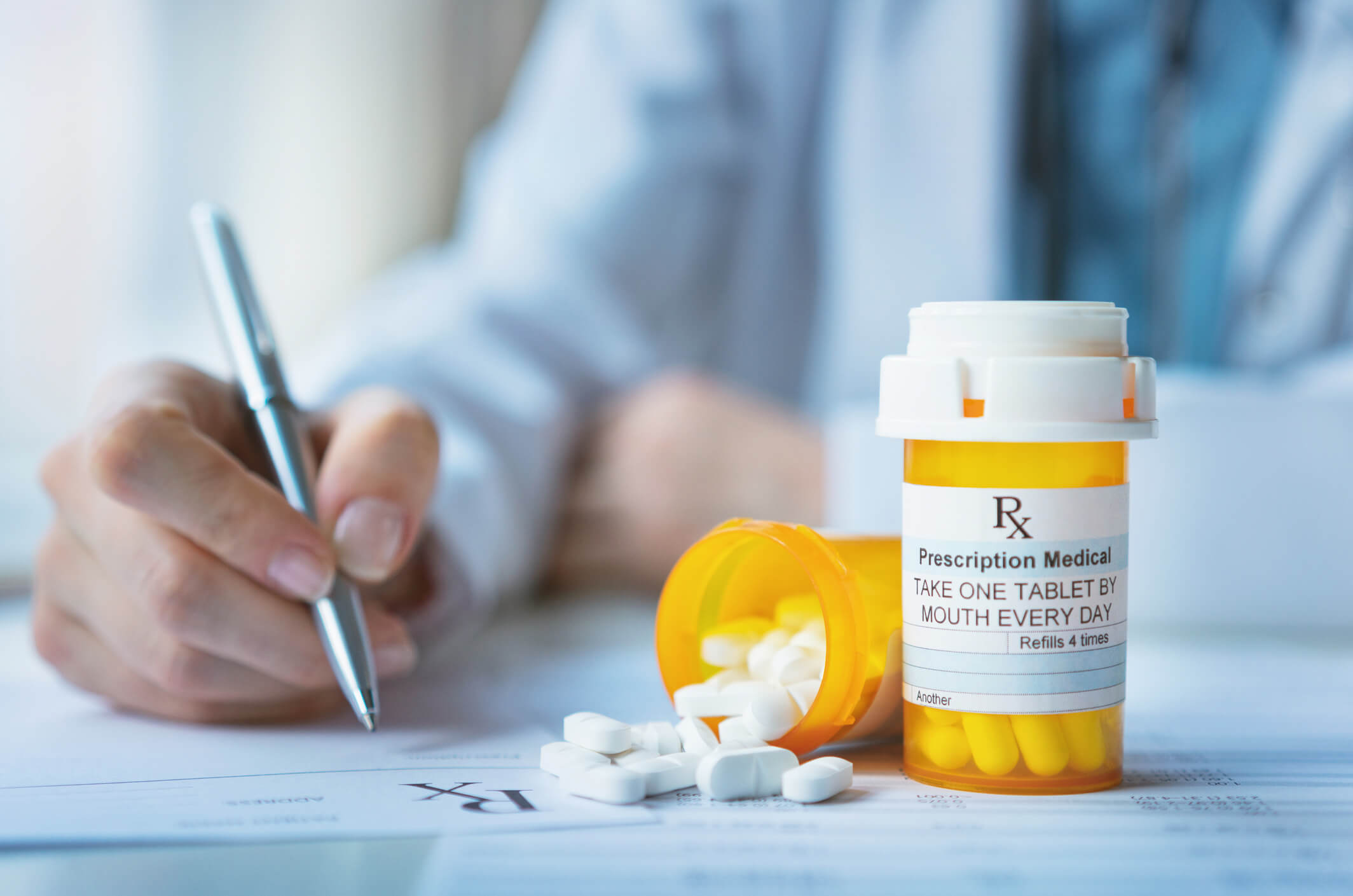Apr
2021
The Problem with the Overprescription of Drugs

The first issue we would like to discuss is the overprescription of drugs. It is shown that doctors distribute refills as long as the symptoms are there. In order to be prescribed certain drugs, the patient fills out a form listing all their symptoms of a medical condition. For example, when tested for ADHD the patient fills out a survey about how they feel and are given Adderall to help with the condition. Adderall is a highly addictive drug and as soon as there is a hint of this mental condition doctors will prescribe the drug. Not often is there a medical test to see if the person has ADHD or is trying to obtain the drug. Many people go from doctor to doctor to try to obtain medication and there is no background check to see what another doctor has already prescribed to the patient.
Additionally, even if someone is not lying on the form people tend to get addicted to these drugs because of the short term sensation and once the body gets used to it, higher dosages are required to feel an effect. This means instead of taking the drug in increments people take it non stop and have to up the dosage each time the body adapts to having the drug in their system. The clinics should be aware of this problem and reduce the amount of refills or only prescribe under absolute necessity to decrease the potential for addiction.
In a study done with 700 patients who were prescribed an antidepressant only 20% actually had a mental illness. This means 70% of the patients did not need the medication. Doctors allow this to happen because there are not enough tests done or they are too willing to sign a prescription for minor discomforts. This overprescription is dangerous and doctors and professionals should be held accountable for this disproportion. In 2017, Pennsylvania pharmacies filled more than 2.4 million prescriptions for oxycodone and were one of the two most prescribed opioid medications in the state. The same year, there were 22 overdose deaths for every 100,000 people in Pennsylvania. This number has risen since then. Because you can’t determine mental illness through blood tests or other medical data it is easy to overprescribe to anyone who says they feel some symptoms of a mental illness. This is a problem worth discussing and finding ways this over prescription by doctors can be reduced.
Further, doctors get paid more the more they prescribe. Three years ago in Pennsylvania, there was a doctor who over prescribed opioid medication to addicted patients that led to an overdose death. There were 160 federal court cases between 2016 and 2018 where physicians were prosecuted for overprescription during the opioid epidemic nationwide. Over 1,000 physicians faced consequences from the medical board, but many still see patients. Whether these prescriptions were given to known addicts or not, this is a mistake that the community cannot afford and should be looked into further for health safety. This shows that there is a major problem in the overprescription by doctors and them not checking for addiction symptoms. These drugs are known to be addictive and patients are warned of this before being prescribed. But why do doctors continue to prescribe these harmful drugs to people who abuse them? A new limit needs to be instated on how many refills are allowed and weekly tests to see if the person is getting addicted. For health issues, the drugs shouldn’t be taken continuously because then the patient will experience withdrawal symptoms and will be more difficult to stop taking the drug.
Prescription drugs are too easy to obtain. Any time a patient is ready for a refill there are minimal requirements to see if the patient is performing okay on the prescription. These drugs are known to help with health concerns but are also very addictive. This is especially present in young adults because it numbs the pain to other issues and experiences a high when taking it. If these drugs are extremely addictive and could lead to overdose deaths then there should be specialized doctors to help with this if prescribed the medication for health purposes.
The Pennsylvania Drug Monitoring Program has helped limit overprescription over the years, but its success in the opioid epidemic has not been the best since overdose deaths are increasing. Physicians are only one part of the problem because if they are not prescribing, there are other ways to obtain the drug. Oversight from programs like the PDMP and other organizations to eliminate this problem is needed as well as education of the dangers of overprescription. This is a problem worth discussing and finding solutions as a state and nation to limit the drug epidemic. Physicians and other doctors also should acknowledge their part in the epidemic and adjust their ways to reduce overprescription.